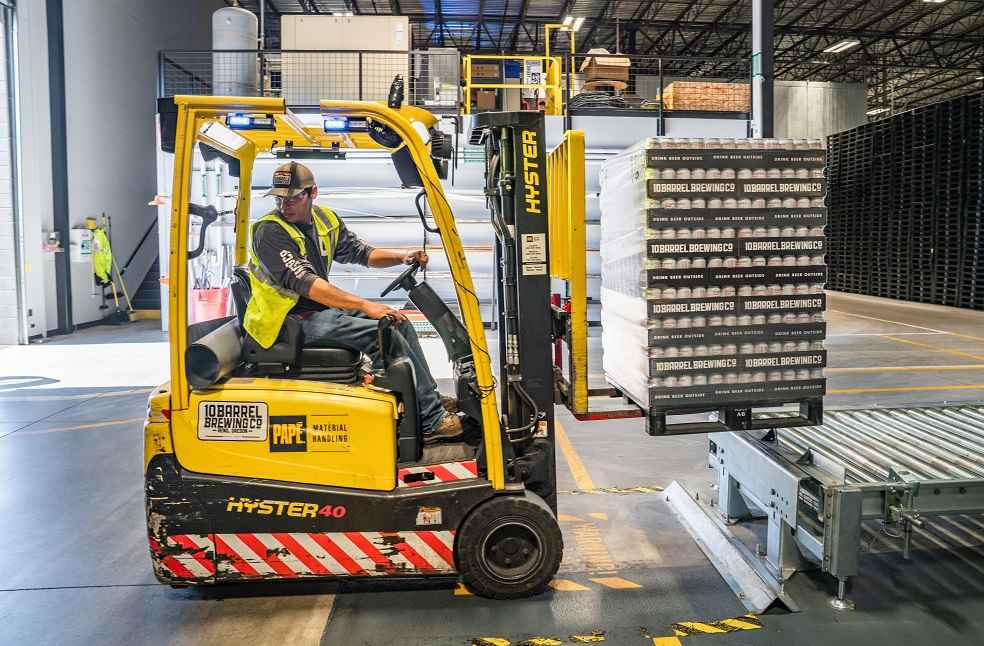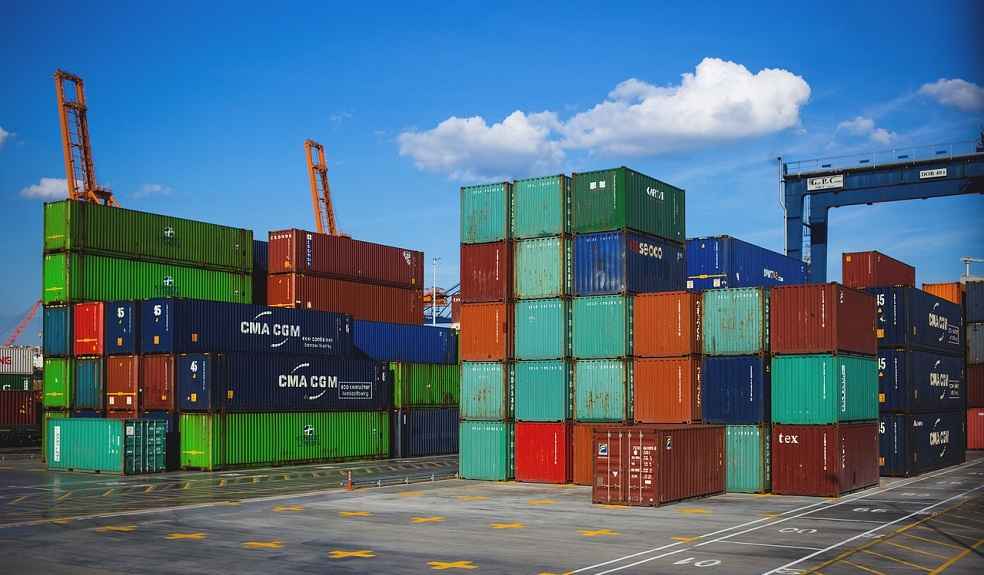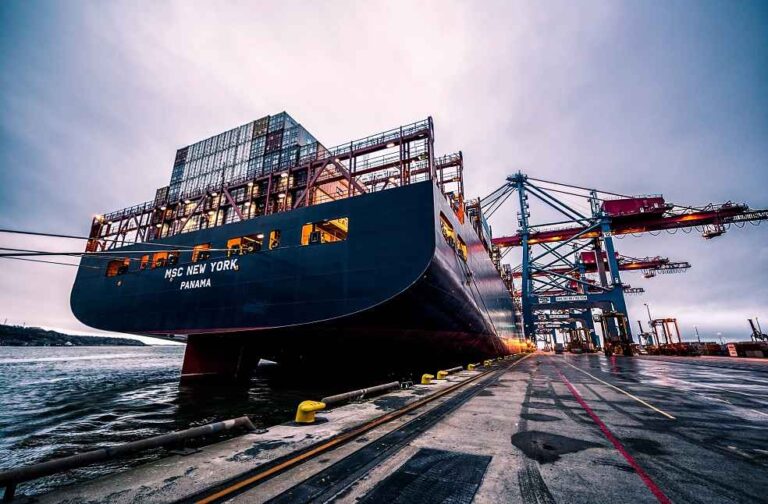New Zealand businesses are on high alert as port strikes in the United States threaten to disrupt global supply chains, including vital trade routes for Kiwi importers and exporters.
Approximately 45,000 dockworkers from major US ports along the East Coast and the Gulf of Mexico are poised to strike on October 1, with pay negotiations currently at a standstill. The industrial action could significantly affect New Zealand trade, just as exporters express optimism about future growth, bolstered by new free trade agreements.
Andrew Coldrey, Vice President for Oceania at freight company C.H. Robinson, warned that such strikes could lead to unpredictable global shipping schedules and heightened costs for New Zealand businesses.

“For those trading with the US, if there is a strike, you’re basically shutting down half the service as the entire East Coast of the US gets shut down… That flows on to pricing impacts if there is more demand on the existing capacity out of the West Coast,” Coldrey explained. He emphasized that supply chain disruptions on the East Coast could lead to widespread delays and higher costs for all trading partners, including New Zealand.
The ripple effects of a strike would be felt globally, impacting shipping reliability and creating equipment shortages. “So, carriers that are going all around the world, it means that their schedule reliability isn’t there. There are less services but also equipment doesn’t get to all the places that it needs to be,” he added.
Meanwhile, freight demand for US-bound shipments continues to rise. Container xChange, a global container marketplace, reported that potential port strikes, alongside railway strikes in Canada, are already straining North American supply chains.

Coldrey noted that with the US election year in play, there would likely be increased pressure on the government to swiftly resolve any strikes. However, even a brief strike could cause months of delays. A week of industrial action could result in prolonged freight backlogs, he warned.
New Zealand importers and exporters are being urged to prepare for possible disruptions. Some businesses have adopted defensive strategies, such as holding additional inventory or diversifying shipping carriers. Coldrey highlighted the importance of flexibility: “A lot of people have been a bit more defensive and holding a bit more inventory. The other thing we’ve been doing is to try and where possible use a multi-carrier strategy to not being too reliant on any one shipping line that may able to divert cargo to the West Coast.
“You can also offer trucking solutions so we can truck cargo to the West Coast to meet vessels. There are also airfreight alternatives. Although airfreight is not feasible for all products, it’s an option for those that can afford it,” he added.
METAL WORLD | Western Nations Unite to Secure Critical Minerals and Cut China Reliance



